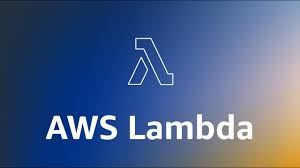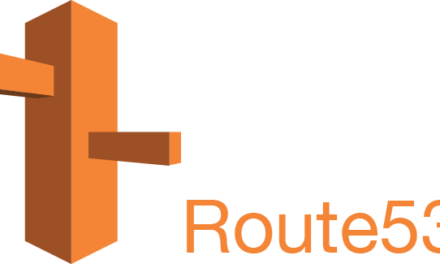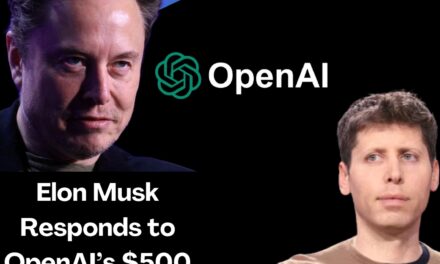
Facebook Accidentally Blocks Linux Content, Flags Posts as Cybersecurity Threats
Introduction

It came as a big surprise that, from this end, Meta, the parent company of Facebook, had finally moved to ban all content regarding Linux off its platforms. Starting on or about January 19, 2025, the move brought huge discussion and outcry within the tech community.
Initial Reports
Users reported that Facebook was flagging posts containing links to DistroWatch—a well-known website dedicated to Linux distributions—as violations of the platform’s cybersecurity policies. Attempts to share or discuss Linux topics resulted in content removal, and in some cases, account restrictions. Jesse Smith, editor of DistroWatch, noted that his efforts to appeal the ban led to his Facebook account being locked.
A post from DistroWatch states that “Facebook’s internal policy makers decided that Linux is malware and labeled groups associated with Linux as being ‘cybersecurity threats.’” This alarming classification has led to entire Linux-focused groups being shut down, further escalating concerns within the open-source community.
Community Response
It did not take long for the Linux community to rise, in utter confusion and frustration. In various places, such as subreddits, users underlined the irony of how Meta-a company that relies so much on Linux for its server infrastructure-is now restricting discussions over the very operating system it relies on. Many wondered if the ban was simply an overactive AI moderation system or a deliberate policy change against open-source discussions.
The Irony and Public Reaction
The irony is not lost. Meta is among the biggest users of CentOS Stream, a Linux distribution, for its server operations. How Meta relies on Linux, yet blocks Linux discussions, is not lost on people. It has fueled broader discussions around the ethics of content moderation by big technology companies and what that could mean for open-source advocacy.
Meta’s Response
Initially, Meta remained silent on the issue. Subsequently, the company acknowledged that the blocking of Linux content was an “enforcement error.” However, this explanation did little to alleviate concerns, as the underlying reasons for the initial censorship remain unclear. Facebook representatives stated that Linux-related discussions should not be banned, but the platform’s automated filters continue to block posts mentioning Linux, raising questions about the effectiveness of their moderation policies.
Moving Forward – Alternatives Suggested
In light of Meta’s actions, there has been a push within the Linux community to explore alternative platforms that prioritize user freedom and open-source principles. Platforms like Mastodon have been suggested as viable options. Additionally, leveraging RSS feeds for direct updates from Linux news sites has been recommended to bypass potential social media filters. Some users have also called for a boycott of Facebook and its affiliated services to protest the censorship.
Social Media Sentiment
On platforms like Reddit and X, the sentiment has been largely critical, with many viewing this as either a misstep in Meta’s content moderation or a deliberate attempt to control tech discourse. Some speculate that the move could be linked to broader efforts by major corporations to control the narrative around open-source software, which has long been a symbol of decentralization and community-driven innovation.
Conclusion
But this incident is a textbook example of the growing tension between tech giants and the open-source community. It raises some interesting questions regarding content moderation policies and how tech platforms can independently define what constitutes a “threat,” and the chilling effect on open-source discussions. Going forward, the need for transparency by companies like Meta will increase, as there are scenarios where their actions appear to clash with their operational practices. Perhaps it will be the tenacity of the Linux community seeking alternatives that finally yields a robust, decentralized ecosystem for technology discourses.
























